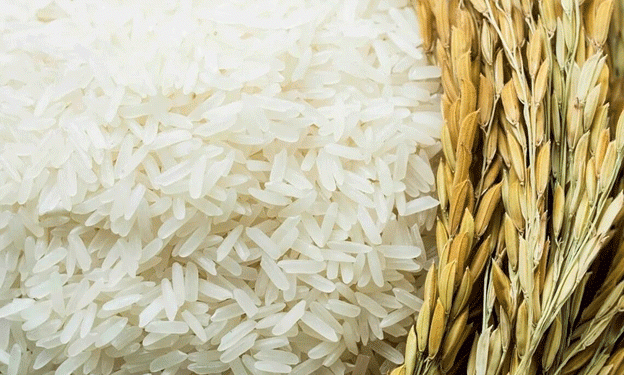The agriculture sector in Maluku is experiencing a revitalization in rice production thanks to strategic partnerships between the provincial government and Perum Bulog, the state logistics agency. In a move aimed at boosting local agriculture and reducing dependence on imported rice, Bulog has successfully absorbed 250 tons of rice from farmers in Maluku Tengah, Seram Bagian Barat, and Pulau Buru. This effort is part of a broader goal to procure 2,000 tons of rice locally.
Innovative Models to Support Farmers
According to Ilham Tauda, the Head of the Maluku Provincial Agriculture Office, the partnership with Bulog involves three distinct support models for farmers:
- Direct Purchase: Bulog buys rice directly from farmers, ensuring a ready market and stabilizing income.
- Land Leasing and Labor Compensation: Bulog leases land and compensates labor, then purchases the harvested rice.
- Production Financing: Bulog finances the cost of inputs such as fertilizers and seeds, with a commitment to buy the resulting crop.
These models offer flexibility and ensure that farmers have the resources needed to maximize yields while providing financial security. Bulog’s initiatives also include quality control training, helping farmers meet national standards for rice quality.
Impressive Production Growth
Based on data from the Central Statistics Agency (Badan Pusat Statistik, BPS), rice production in Maluku reached approximately 49,970 tons in 2024, up from 44,780 tons in 2023—an increase of 5,200 tons. This growth highlights the effectiveness of recent agricultural interventions and support programs. However, ongoing challenges include improving infrastructure, securing consistent access to high-quality inputs, and adapting to climate variability.
The Importance of Self-Sufficiency
The focus on local production aligns with Indonesia’s broader food security strategy. By sourcing rice domestically, Maluku not only reduces logistics costs and supply chain vulnerabilities but also empowers local communities economically. Furthermore, increasing local rice production has a positive environmental impact by minimizing the carbon footprint associated with transporting rice from other regions.
Maluku’s success in boosting rice production underscores the importance of innovative agricultural partnerships and the strategic role of government intervention. As more regions in Indonesia look to strengthen their local food systems, the Maluku model could serve as an example of how targeted support, market guarantees, and quality improvements can transform agricultural landscapes.
Error




